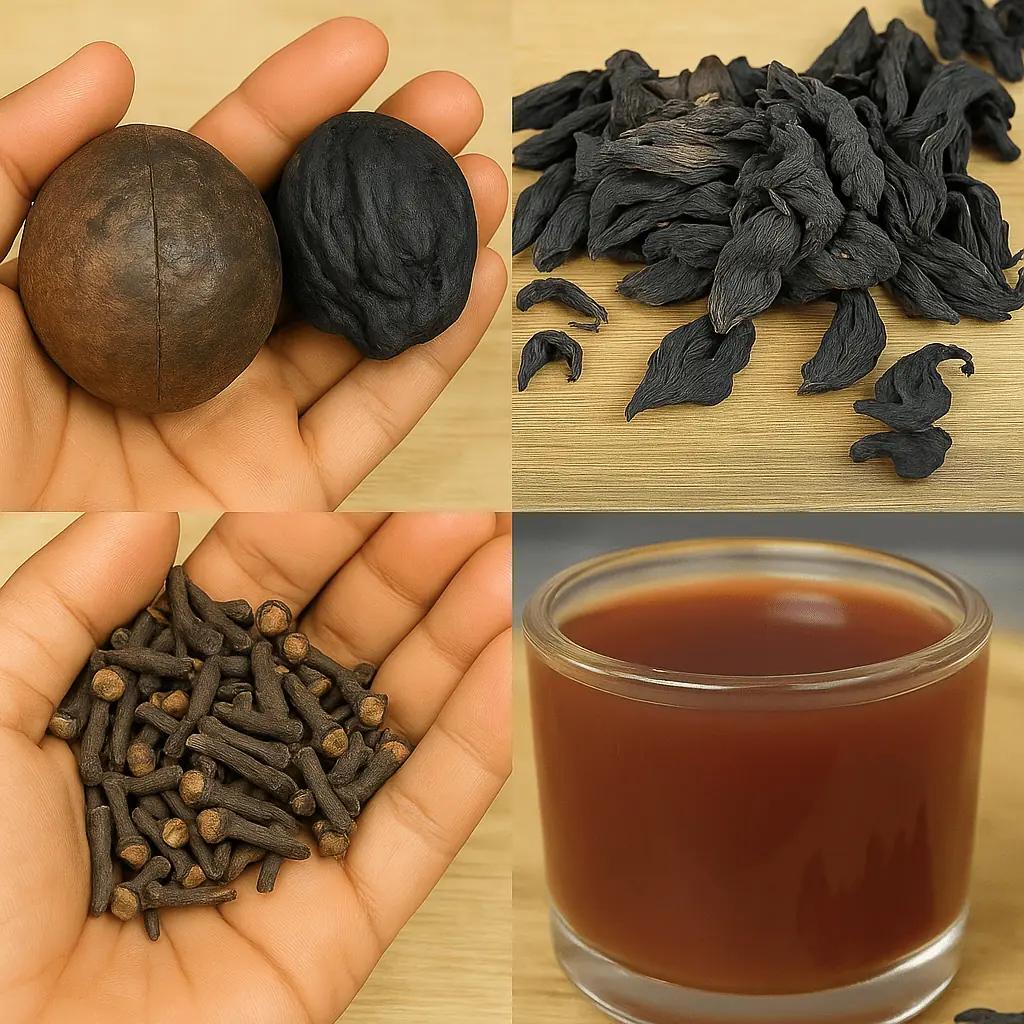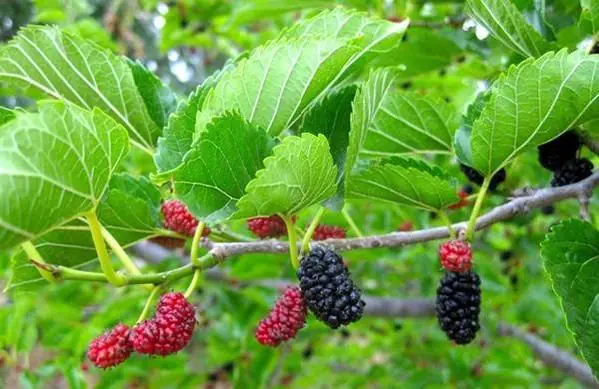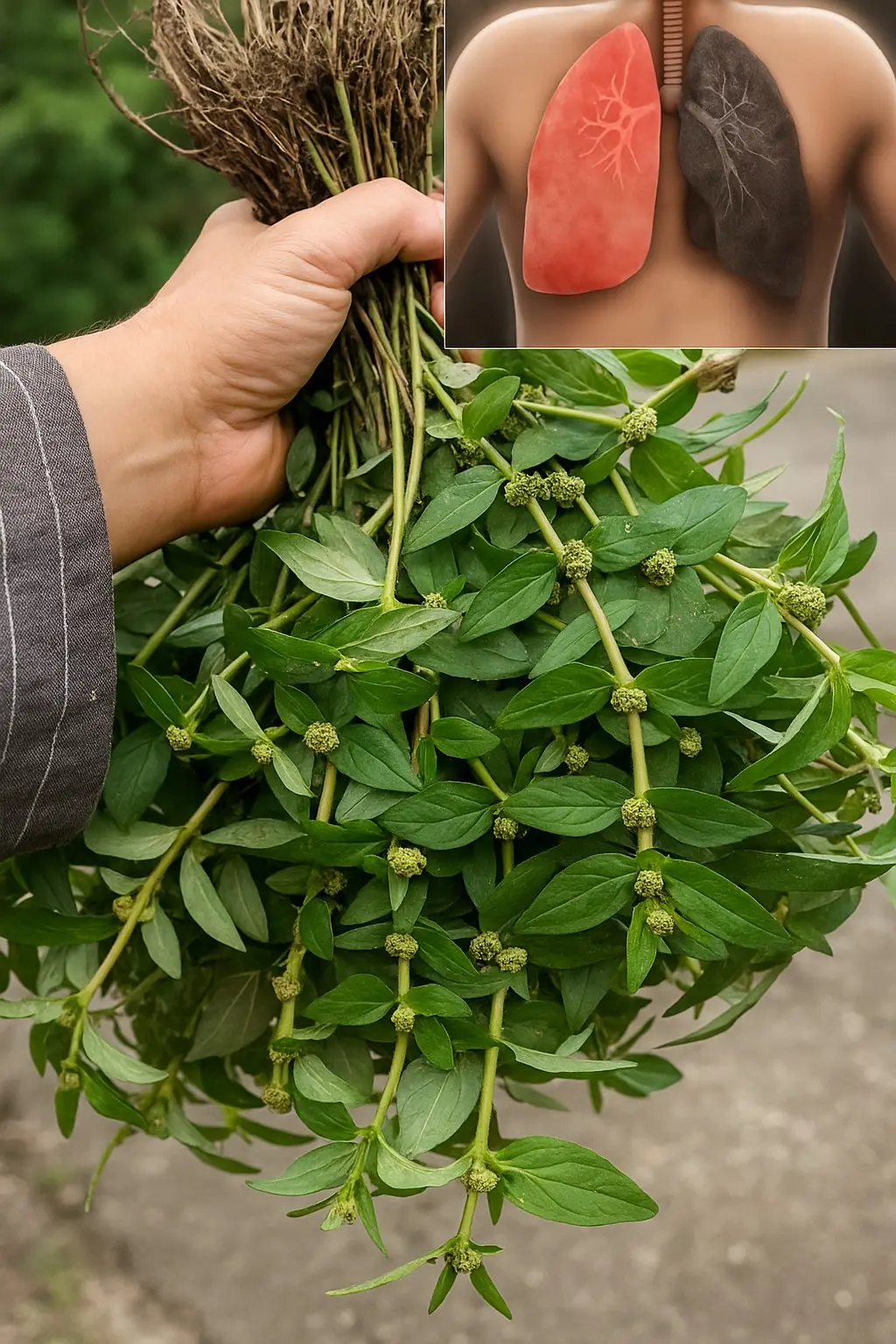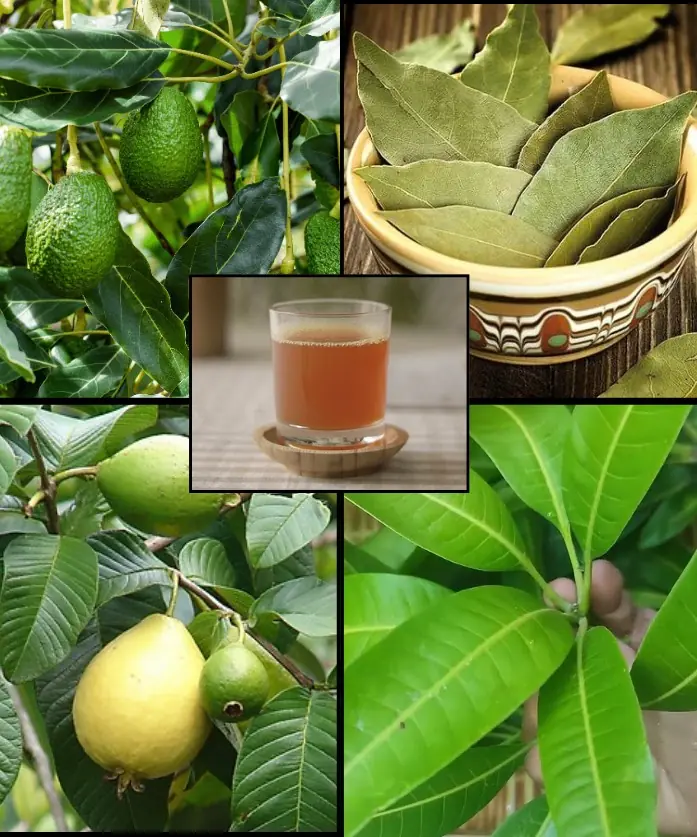
Common Backyard Plant May Help Fight Tumors, Diabetes, And High Blood Pressure

You may walk past a white mulberry tree without giving it much thought — but this unassuming plant holds a treasure trove of health benefits. Backed by history and emerging science, white mulberry has been associated with improved heart health, better blood sugar control, enhanced immunity, and even potential cancer-fighting properties.
🌿 A Tree Rooted in History
White mulberry (Morus alba) has deep roots — literally and historically. Brought to the United States during colonial times to support the domestic silk industry, it quickly adapted to a variety of climates. While the silk dream never took off, the tree remained, spreading across North America and other temperate regions.
Beyond silk, its strong, long-lasting wood has long been used for crafting furniture, boats, and even sports equipment. But perhaps the most valuable part of the white mulberry lies in its leaves and berries, which are rich in nutrients and bioactive compounds.
💡 Top Health Benefits of White Mulberry
1. Supports Healthy Blood Sugar Levels
One of the most well-documented benefits of white mulberry is its ability to stabilize blood sugar. Its leaves contain 1-deoxynojirimycin (DNJ) — a natural compound that slows down the digestion of carbohydrates, helping to prevent sudden spikes in blood sugar. This makes it especially helpful for individuals with type 2 diabetes or prediabetes.
2. Promotes Heart Health
Packed with antioxidants and plant-based compounds, white mulberries may help lower LDL (bad) cholesterol, improve blood circulation, and support healthy blood pressure — all of which are crucial for reducing the risk of cardiovascular disease.
3. May Offer Cancer-Fighting Properties
Early studies suggest that white mulberry contains resveratrol, the same antioxidant found in red wine. While research is still ongoing, resveratrol has shown potential in slowing the growth of certain tumors and protecting cells from oxidative damage.
4. Strengthens Immunity & Reduces Inflammation
Rich in polyphenols and vitamin C, white mulberry helps combat inflammation and bolster the immune system. Its antioxidant properties can also help protect cells from damage linked to aging and chronic disease.
5. Relieves Respiratory & Joint Symptoms
Traditionally, white mulberry tea has been used to soothe fever, sore throats, and coughs. It’s also believed to help ease joint pain and stiffness, making it a potential natural aid for people with arthritis or muscular discomfort.
6. Improves Digestion
The natural fiber in white mulberries supports gut health and regular bowel movements. Its pectin and organic acids may also enhance nutrient absorption and promote a healthier digestive system overall.
7. Supports Skin and Hair Health
In Traditional Chinese Medicine, white mulberry is used to treat issues like hair loss, dizziness, and ringing in the ears. Thanks to its antioxidant content, it may also improve scalp health and reduce visible signs of skin aging.
🧪 Nutritional Powerhouse
White mulberry leaves and berries contain a wide range of nutrients and plant compounds, including:
-
Vitamin C – boosts immunity and promotes tissue repair
-
B vitamins – support brain function and energy metabolism
-
Fiber & pectin – aid digestion and regulate cholesterol
-
Flavonoids & polyphenols – powerful antioxidants
-
Resveratrol – anti-inflammatory and anti-cancer potential
-
Organic acids & carotene – support skin, metabolism, and detoxification
🔬 What the Research Says
Multiple studies support white mulberry’s role in:
-
Lowering blood sugar and improving insulin sensitivity
-
Reducing cholesterol levels and improving cardiovascular health
-
Providing antioxidant protection against inflammation and cellular damage
One study from the University of Texas even linked resveratrol in mulberries to possible cancer-fighting and heart-protective effects.
⚠️ Safety and Precautions
White mulberry is generally safe when consumed in moderation. However:
-
People taking diabetes medications should consult a doctor before use, as it may intensify blood sugar-lowering effects.
-
Pregnant and breastfeeding women should avoid high doses due to limited safety data.
🫖 How to Use White Mulberry
-
Tea: Brew dried leaves into a soothing drink that helps manage blood sugar and ease cold symptoms.
-
Capsules or extracts: Ideal for those seeking a more concentrated form.
-
Berries (fresh or dried): Enjoy as a snack or mix into smoothies, cereals, or yogurt to boost your antioxidant intake.
🌱 Final Thoughts
White mulberry may not be as famous as some superfoods, but it certainly deserves a place in your wellness routine. From blood sugar balance to immune support, this ancient tree offers modern health benefits backed by both tradition and science.
Whether enjoyed as a tea or taken as a supplement, white mulberry is a gentle yet powerful ally for your overall health.
News in the same category


4 Types of Cancer with Over 90% Cure Rate: Everyone Should Watch for Early Signs

5 Common Mistakes When Drinking Water That Can Affect Your Health

Effective Home Remedies to Eliminate Mucus and Phlegm

Natural Recipe to Sleep Like a Baby: Improve Your Rest and Wake Up Refreshed

How the Liver Warns Us That It's Overloaded: Signs and Natural Remedies

How Emotions Affect Our Organs: The Connection Between Feelings and Health

Cancer Doesn’t Hurt at First—But If You Notice These 8 Signs While Using the Bathroom, See a Doctor Early

Doctor Warns: 3 Beauty Habits Most People Don’t Realize Can Accelerate Cancer Risk!

Early Signs of Cancer: What to Look for in Your Body

7 Cooked Foods You Must Finish in One Meal – Never Reheat or Leave Overnight

Silent Threat: 8 Subtle Signs That May Point to Fatty Liver Disease

18 Mind-Blowing Vaseline Hacks You’ll Wish You Knew Sooner

Eat 2 Raw Garlic Cloves Daily: 10 Incredible Benefits You Probably Didn't Know

6 Delicious Foods That Help Eliminate Visceral Fat as Effectively as Exercise

Discover the Ultimate Detox Drink to Flatten Your Belly, Clear Infections, and Rejuvenate Your Liver!

14 Reasons Why You Should Drink Cucumber, Ginger, Mint, Lemon, and Water Every Day

5 Natural Teas That Improve Your Cardiovascular Health

The Healing Power of Garlic with Milk: A Natural Remedy You Should Know About
News Post

Colgate and Lemon for Face Whitening: Miracle Hack or Risky Trend?

The Dandelion’s Secret Superpowers: Why This “Weed” Is Nature’s Ultimate Gift! 🌼

Euphorbia Hirta: The Hidden Treasure in Your Yard You’ve Been Ignoring

Discover the Mind-Blowing Secrets of Euphorbia Hirta: Nature’s Miracle Plant for Health and Healing

🌱 The Hidden Powerhouse: Avocado Seeds, Hibiscus, and Cloves for Unstoppable Health

The One-Ingredient Blackhead Remedy Hiding in Your Fridge 🥚

🍫 Heavenly Chocolate Cheesecake Trifle 🍰

4 Types of Cancer with Over 90% Cure Rate: Everyone Should Watch for Early Signs

🍒 Homemade Cherry Almond Cake

🍎 Apple Cider Cupcakes with Brown Sugar Cinnamon Buttercream 🍂

5 Common Mistakes When Drinking Water That Can Affect Your Health

Effective Home Remedies to Eliminate Mucus and Phlegm

Papaya Seeds: The Secret Superfood You’re Throwing Away

Unlock the Secret to Luscious, Long Hair: The Ultimate Aloe Vera Hair Oil Revolution

Unveiled Secrets of Nature’s Mightiest Healing Leaves: Transform Your Health with Avocado, Mango, Bay, and Guava

Unlock the Secret to Stunning Hair: The Jaw-Dropping Power of Homemade Onion Hair Oil Revealed

Sip Your Way to Stunning: Why Every Woman Needs the Lipton, Cloves, and Ginger Elixir in Her Life

Unlock the Mystical Power of Lemon and Salt: Transform Your Space with This Ancient Ritual!

Shocking Tomato Hack: Say Goodbye to Unwanted Hair Naturally!
